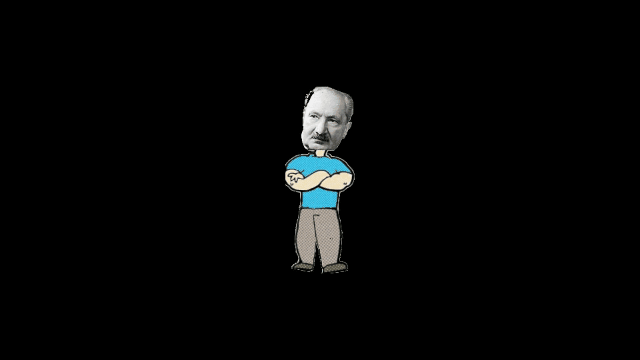While Renaud Barbaras's
The Being of the Phenomenon already deftly summarizes Barbaras's (and Merleau-Ponty's) thesis in its title, I want to post the following review of the book published at amazon as an introductory aid to understanding this thesis.
"

StreetlightReader
5.0 out of 5 starsA Rightful Classic of Merleau-Ponty Studies
October 3, 2015
Format: Paperback
When the great French phenomenologist Maurice Merleau-Ponty died of a sudden stroke at the age of fifty-three, it was clear that he was in the process of undertaking an extraordinary retooling of his earlier philosophical endeavours. While books like
The Structure of Behavior and the
Phenomenology of Perception had attempted to lay down a new vocabulary by which to speak of the lived, perceptual experiences of sentient bodies, neither had put stress on an effort to work out a fully fleshed ontological stance which would undergird their respective findings. Thus, found buried in the working notes of the
The Visible and the Invisible - the half-finished manuscript that Merleau-Ponty was working on at the time of his death - we find the following note: "Results of Ph.P - Necessity of bringing them to ontological explication." While Merleau-Ponty himself only left hints and traces of what this explication would have looked like,
The Being of the Phenomenon - Renaud Barbaras's magisterial reconstruction of Merleau-Ponty's ontology - takes on precisely this task, to spectacular effect.
More than just a restatement however, Barbaras's central claim is that what motivated Merleau-Ponty's 'ontological turn' was the realization that unless he could show how truth itself has an origin in perceptual life - how the order of intelligibility emerges out from, and within the sensuous order - Merleau-Ponty risked relegating his descriptions of perceptual life to a mere 'provisional stage' of human experience. So consigned, the twin threats of both intellectualism and empiricism (the perils of which Merleau-Ponty's early works aimed studiously to avoid) would thus be able to re-institute themselves at a 'higher level' of human existence, leaving the phenomenology of perception in the dust of a mere psychological - rather than properly philosophical - footing. Oriented according to this reading, Barbaras's study thus unfolds in a manner of a captivating detective story, tracking the progression by which Merleau-Ponty arduously and creatively attempted to tackle the problem of giving ontological voice to his phenomenological song.
Key to these efforts, according to Barbaras, was Merleau-Ponty's newfound regard for the centrality of language with respect to the nature of perception. In his study of language - particularly the structuralist conceptions of language engaged with in
The Prose of the World - Merleau-Ponty found the resources he needed to make the ontological leap his earlier work demanded. In particular, what was to become a full blown 'philosophy of expression' would show Merleau-Ponty that the classical phenomenological distinction between fact and essence - thematized by Husserl to underpin the very method by which phenomenology was to be practiced - could not be properly maintained without compromising the specificity of appearance. Extending the linguistic insight that sense does not exist on its own in some rarefied sphere of ideality, and instead requires a constitutive instantiation in the materiality of the sign in order to function, so too did Merleau-Ponty recognize that the ideality of essence similarly requires an implication within a 'worldly' order of fact - an implication which, for Merleau-Ponty, would require nothing less than a radical overhaul of the most basic presuppositions of the phenomenological project.
And it is just to this reworking that late writings like
The Visible and the Invisible - of which Barbaras provides a chapter by chapter breakdown, together with in-depth thematic discussions - undertakes. Indeed, while the first half of
The Being of the Phenomenon works to set up the trajectory of Barbaras' reading, the entire second half of the book lends itself to a blow by blow account of what Merleau-Ponty's ontology-in-the-works - in its full splendor and in the light of Barbaras's rigorously researched imagination - would have turned out to be. Notions like dimentionality, intersubjectivity, depth, flesh, desire, space and time are all given a thorough grounding in the terms set down above, and further illuminated by Barbaras's erudite discussions of Merleau-Ponty's distinctiveness with respect to his philosophical peers like Descartes, Leibniz, Husserl, Sartre and Heidegger - also serve to bring out the specificity and originality of his endeavour. It helps too that Barbaras writes with a flair and confidence that imbues
The Being of the Phenomenon with a narrative momentum that never ceases to drag a reader along with it. While this isn't the place to look for a critical reading of Merleau-Ponty - a task Barbaras undertakes elsewhere - this really is a classic of secondary literature that it has long been known to be."


